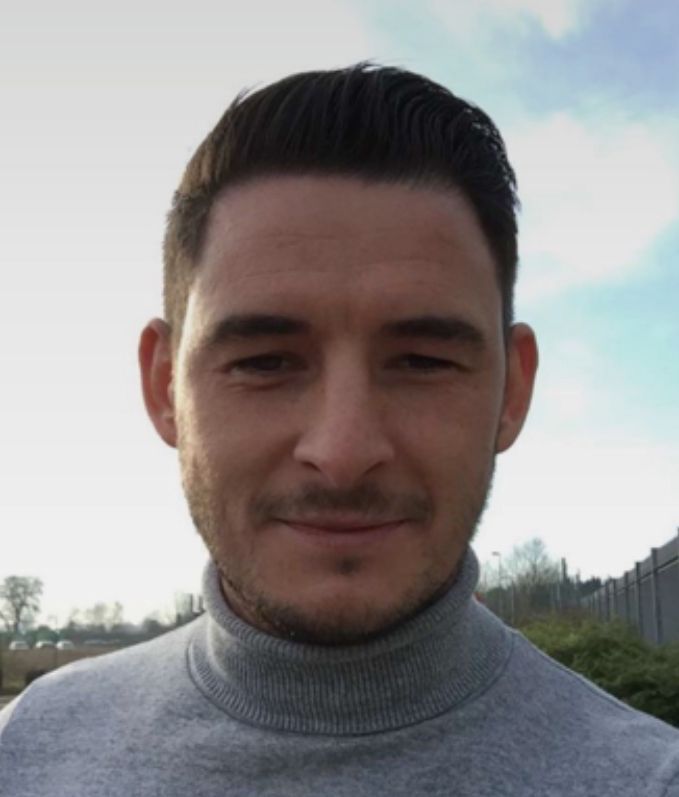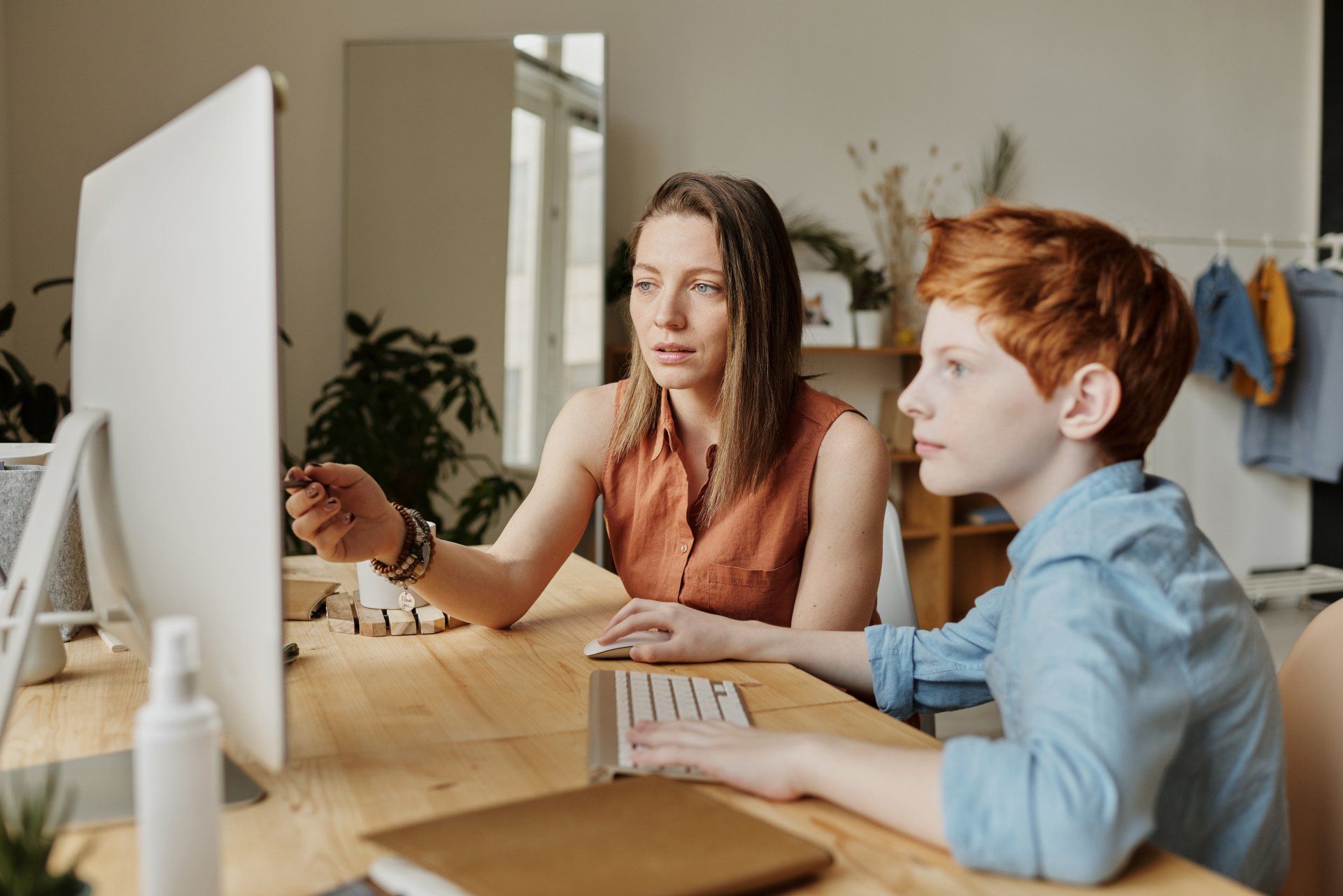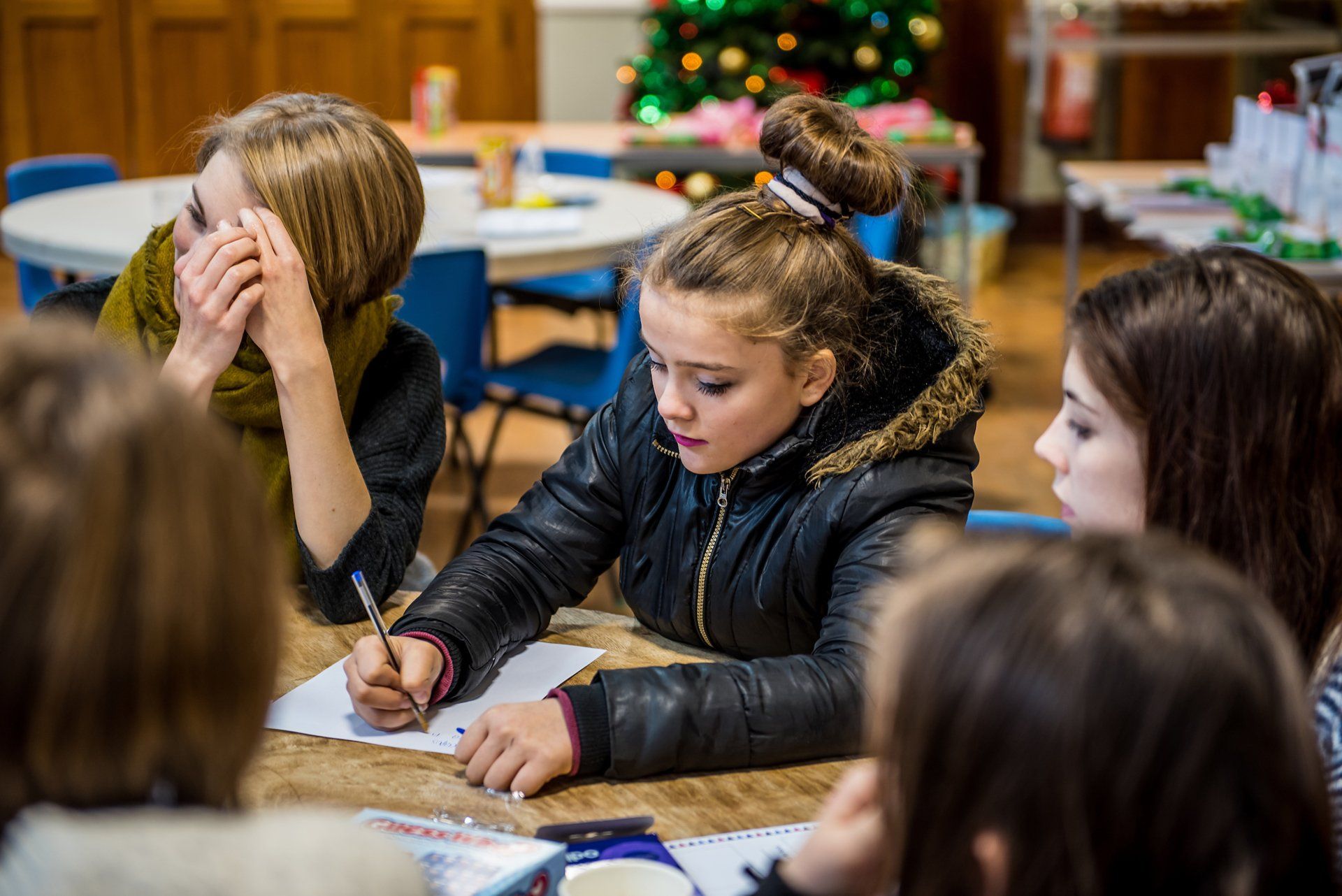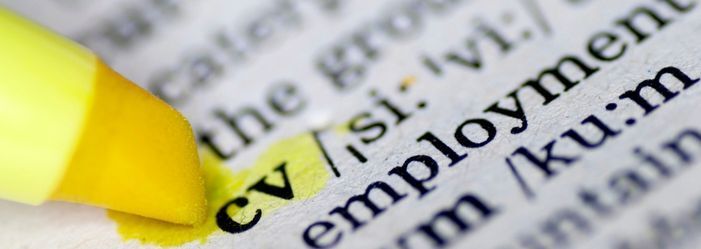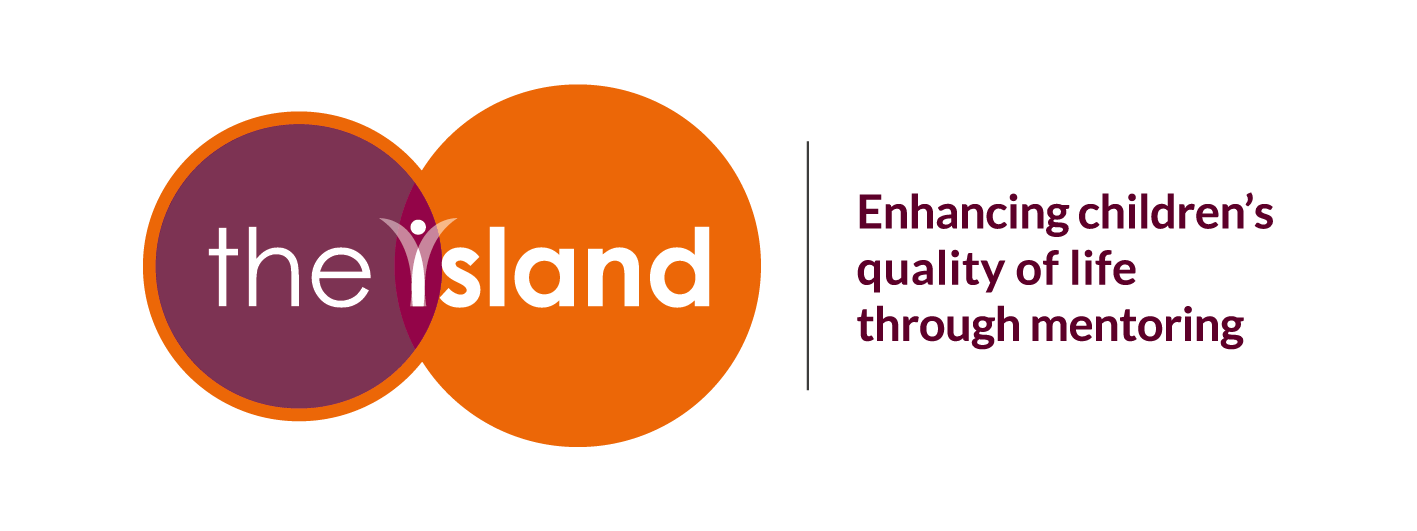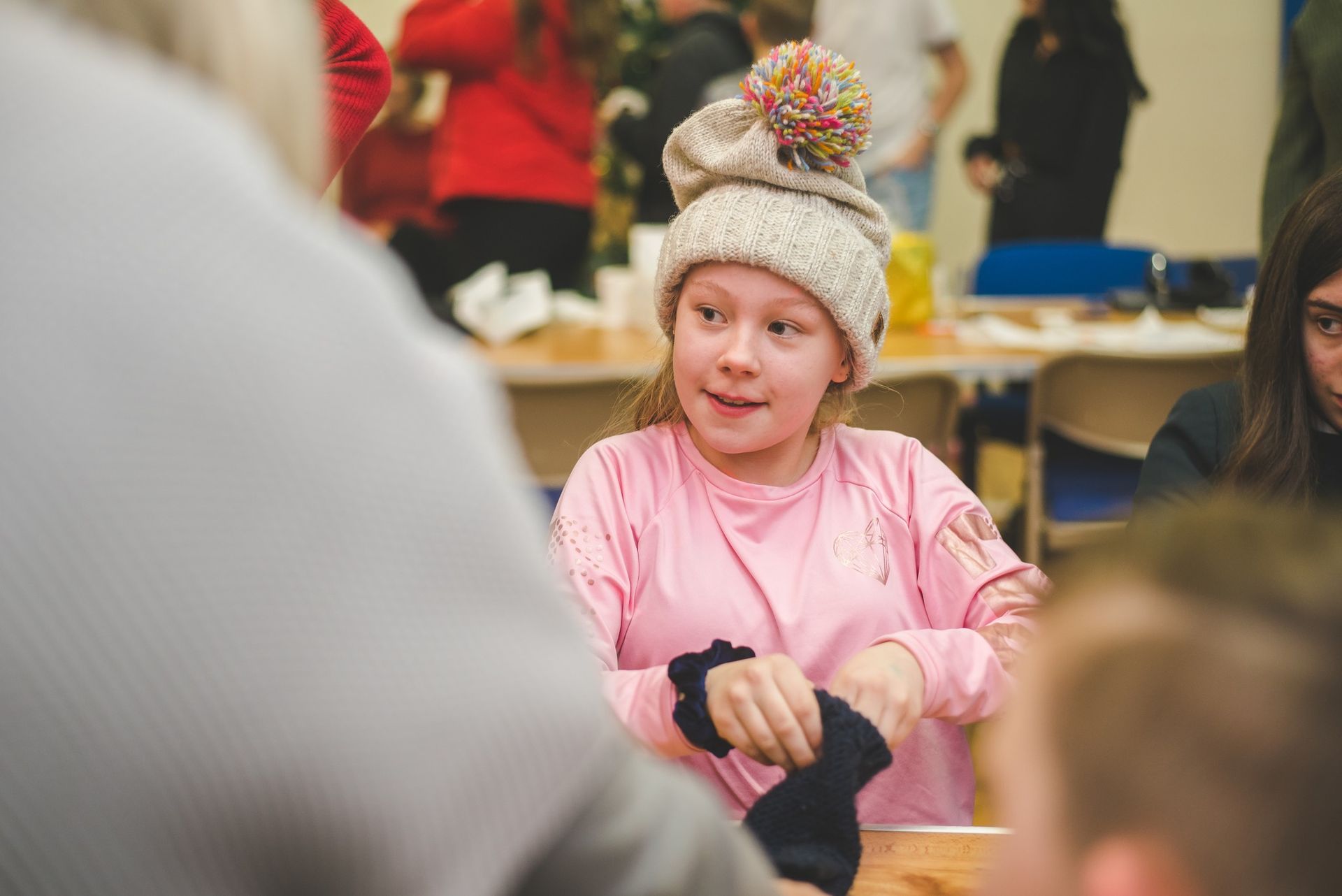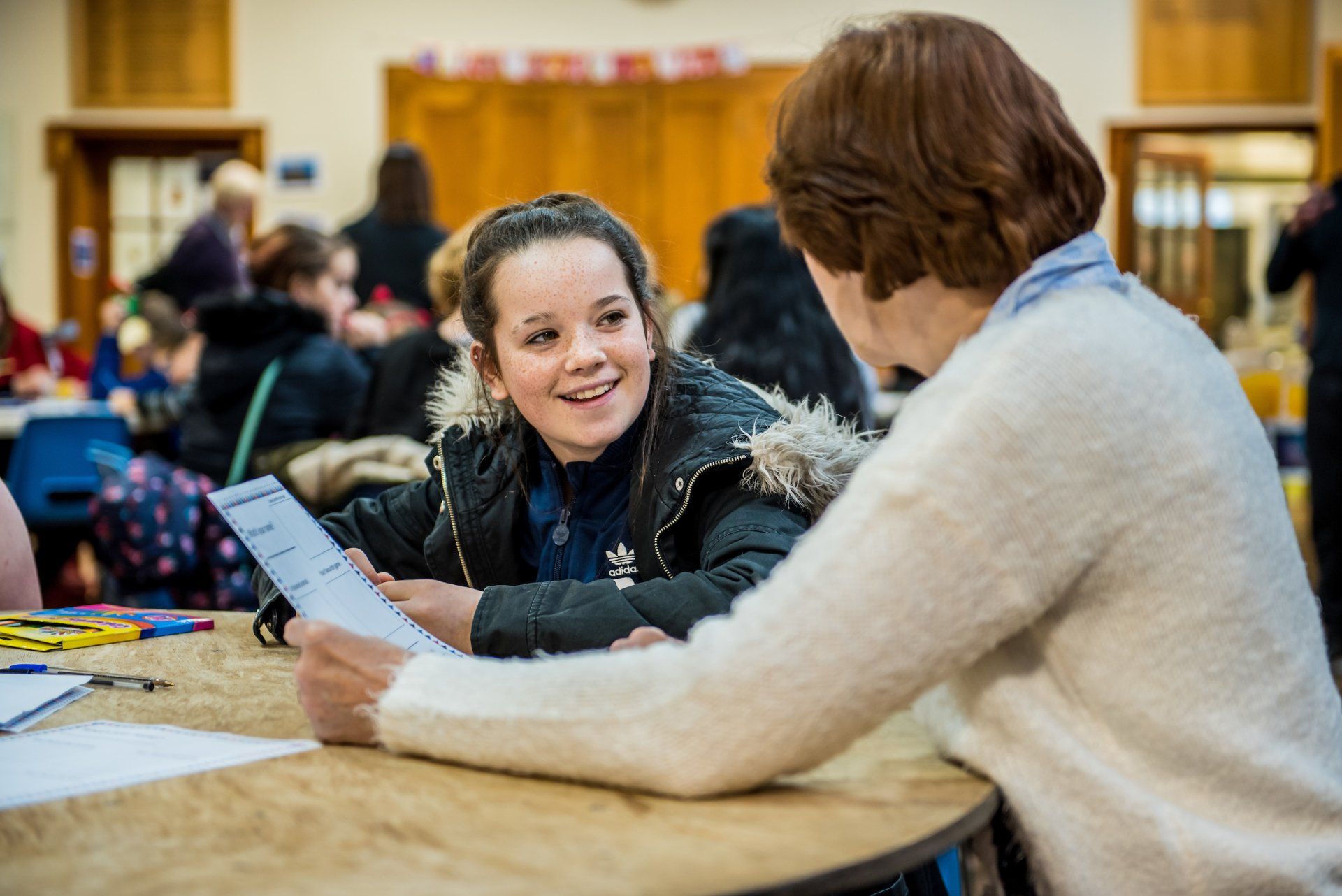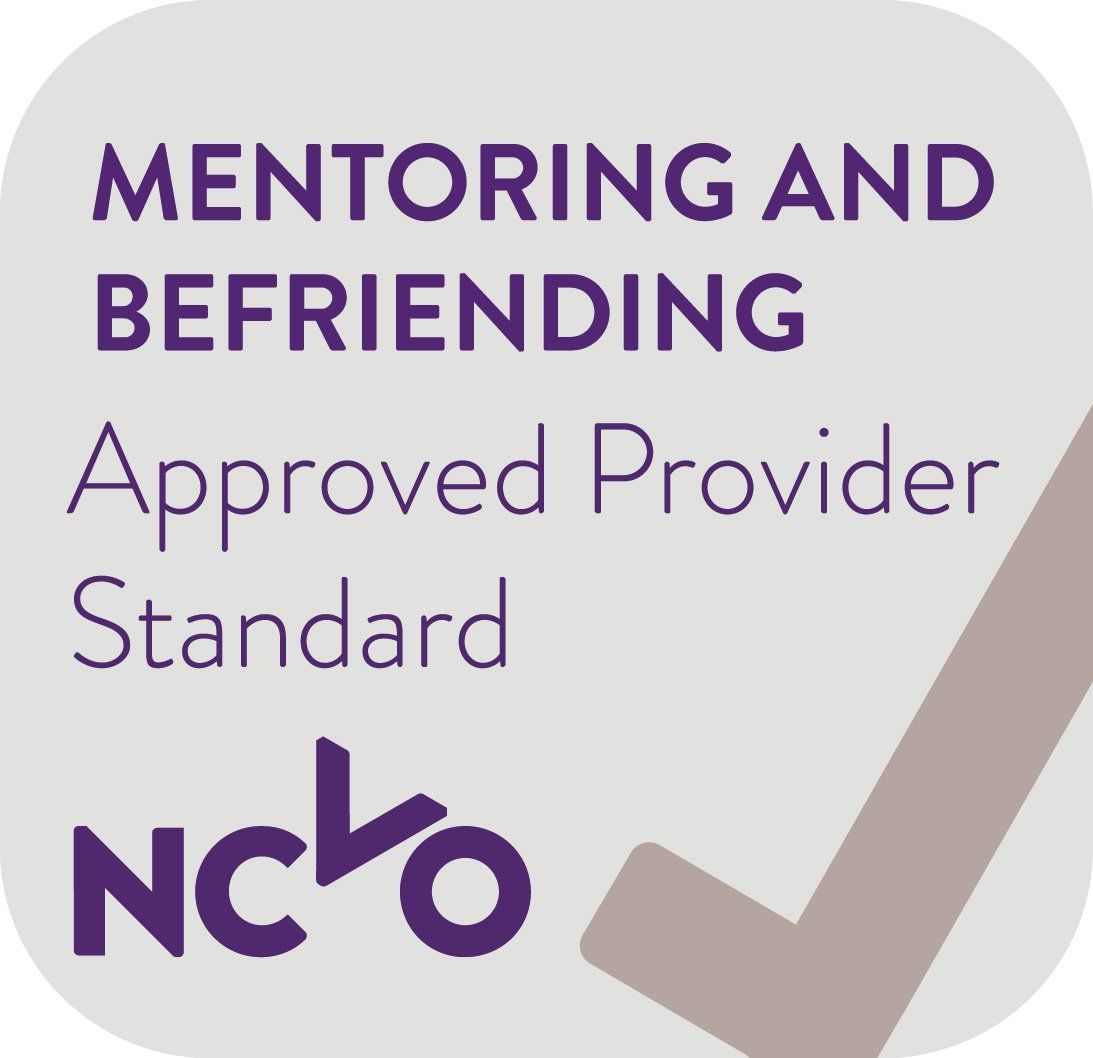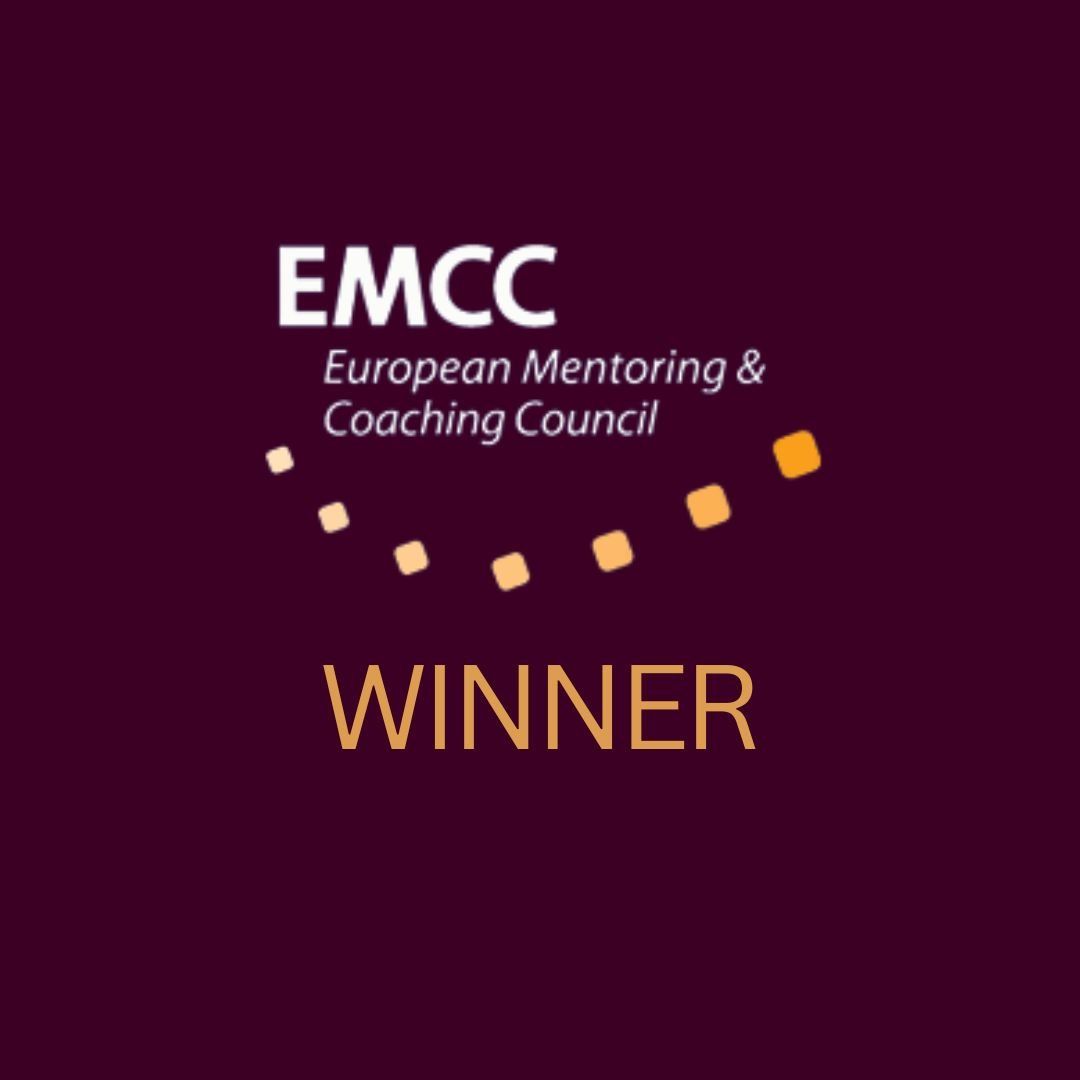SEN & Mental Health – Is there an increased risk?

Tips and Advice
The following tips have been suggested by Scope from parents and professionals with experience of caring for children and young people with SEN.
1. Try to support your child in making choices to maximise their independence.
2. Support children to develop the skills to understand and express their emotions from an early age, using pictures, signs and other communication aids.
3. Start a worry box with your child, especially if they have high anxiety levels. At the end of each day, talk about all the things they’re worrying about and encourage them to put them in the box. Every now and then open the box and talk about each worry, how your child is feeling and share some ways to handle the worry.
4. Encourage children to express and release their emotions in ways that suit them – whether that’s through art, music, movement, etc.
5. Sometimes it’s easier for children to write down how they’re feeling, rather than expressing it verbally.
6. Many children with special educational needs have their own unique way of coping. Find out what works for them.
7. Teach strategies for coping with difficult situations, such as deep breathing, counting to 10 or down from 10. Break cards are useful for allowing children with special educational needs to leave a situation they find uncomfortable; they can use the card to tell people they want to leave.
The Island
Through feedback and discussions with local schools, we now offer ‘Islands of space and time to vulnerable students in Key Stage Two through our school’s-based mentoring programme. They are proving hugely successful at primary schools across York with mentored children and young people gaining better school attendance, a better chance of going on to higher education, and better attitudes towards school. Working with schools we’ve seen a 100% rise in students' confidence and a 130% increase in their self-esteem.
It is important that we support the whole child, and not ‘focus’ on a diagnosis alone. As CEO, Nigel Poulton says “All children and young people have undiscovered potential and through mentoring we can create islands of time and space for them to see it and believe in themselves.” Positive early-intervention to improve the social and emotional environment for all children and young people, shows a shift towards using psychology to enhance children’s life chances rather than just to fix emerging problems.
Find out more about what services and support The Island offers here The Island - Enhancing children's quality of life through mentoring and take the first step to making a real change in a young person's life.
